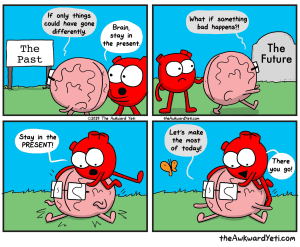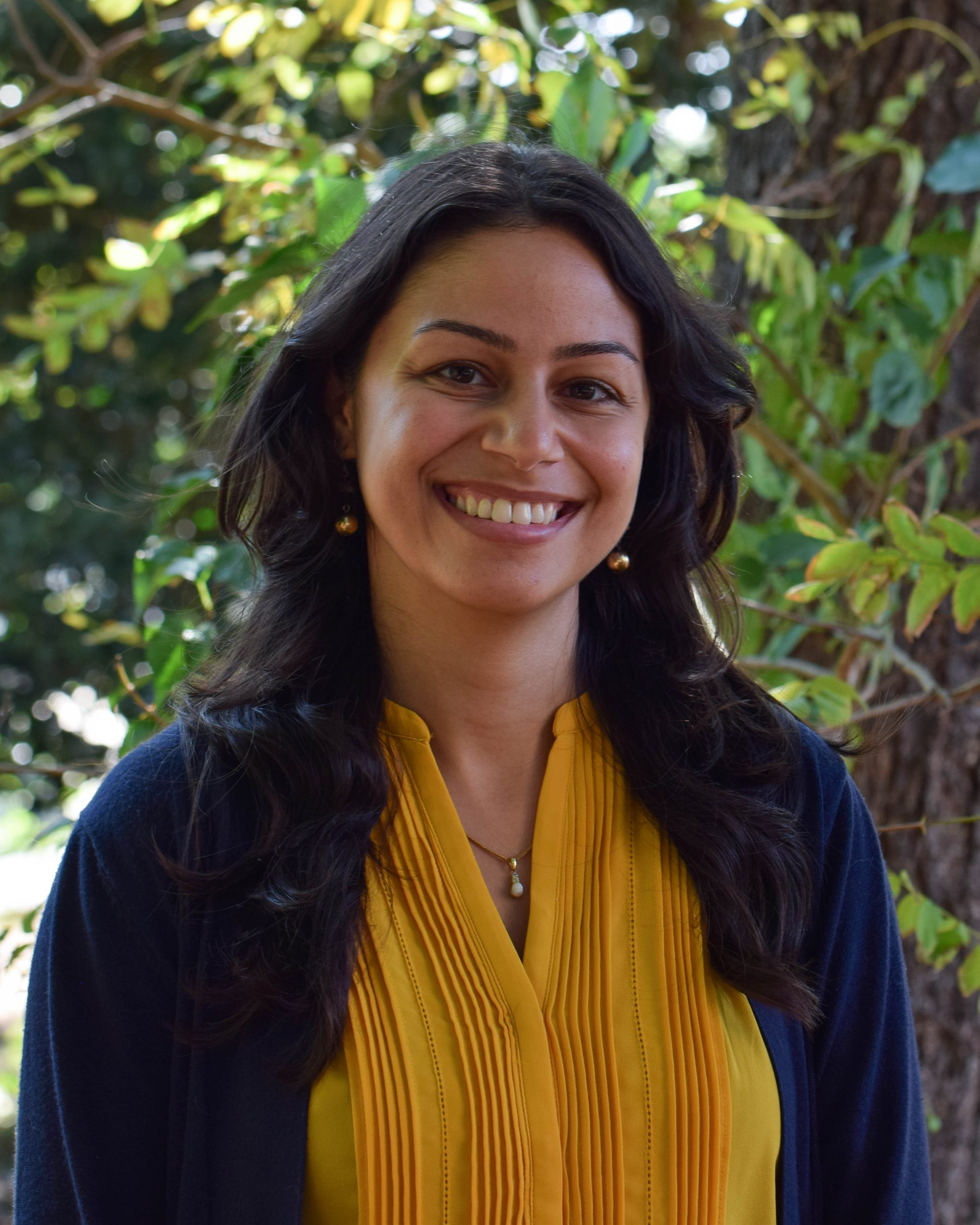Mindfulness is a skill that can decrease emotional suffering, improve overall health, and increase feelings of compassion and joy when practiced regularly. This technique is about staying focused on the present moment without passing judgement or trying to change it. Mindfulness has the power to influence how we think and feel, and important as it is, all of life’s struggles, stressors, and responsibilities can make it challenging to fit into your routine.To integrate mindfulness into your life and glean its benefits, we’ve put together some tips to help you use this skill in your daily life.
How to Practice Mindfulness
- Choose your mindfulness activity. Almost anything can be a mindfulness activity, as long as you remain focused and mentally engaged in that activity. Breathing techniques, such as consciously inhaling through the nose and exhaling through the mouth, are a simple way to practice mindfulness. You can also choose to do an activity such as dancing, reading a book, washing dishes, sewing, or even petting your cat.
- Set how much time you will engage in activity. As is the case with any skill, mindfulness takes practice. Think of it as a muscle that builds up over time the more you use it. If you are just beginning to practice, start off with a small increment of time, even two to five minutes. As you become more comfortable with mindfulness, you can gradually increase the time you spend engaging in your activity.
- Stay focused on the chosen task. Whatever activity you choose to do, focus mental energy on just that one task. If you notice your thoughts start to stray, bring your attention back to the activity at hand (this is the key to mindfulness!). It can also be helpful to find a quiet space to sit away from electronic devices so that you can limit your distractions.
- Don’t judge yourself. We are human, and inevitably we all have times when our attention wanders. Try not to judge yourself if you find yourself consistently needing to refocus your attention on your mindfulness task. Take it as an opportunity to remind yourself that you are building your mindfulness muscle, and it’s okay to get distracted. If you do find that you are judging yourself, don’t judge your judging either! Notice and acknowledge those judgments, and allow the thoughts to pass.
How to Plan for Mindfulness
In order to help yourself prioritize mindfulness and remember to incorporate it into your routine, it may help to schedule your activity similar to how you might schedule an appointment or meeting. As you’re thinking about when to schedule your activity, you might ask yourself these questions to help you add it to your daily routine:
- How much time can I commit to mindfulness daily? This could be as little as five or ten minutes, during whichever part of the day it works best with your schedule.
- Can I choose a daily task I already engage in, and commit to doing it mindfully? This could be something as typical as brushing your teeth, eating your breakfast, or even monitoring your breathing.
- Can I find multiple moments to practice mindfulness throughout my day? These moments could look like getting up to stretch during a work break, mindfully listening to music on your morning commute, or reminding yourself of three things you’re grateful for before going to bed each evening.
Mindfulness Reminders
The key things to remember when we practice mindfulness:
- Be fully present in the current moment, and avoid dwelling on the past or thinking towards the future
- Experience the moment without passing judgments, and if you do, notice them, acknowledge them, and then let them go
- Focus on one thing at a time, and if your mind wanders to other things, bring yourself back to the task at hand
- Observe experiences through your external senses (sight, smell, hearing, touch, taste) and internal notions (thoughts, feelings, urges).
Don’t try to hold on to or push away your thoughts or feelings— just notice them. Mindfulness is a skill that takes practice, so remember to be kind to and patient with yourself. Allow the time necessary to appreciate the experience, adjust your thinking, and improve your mindset.



